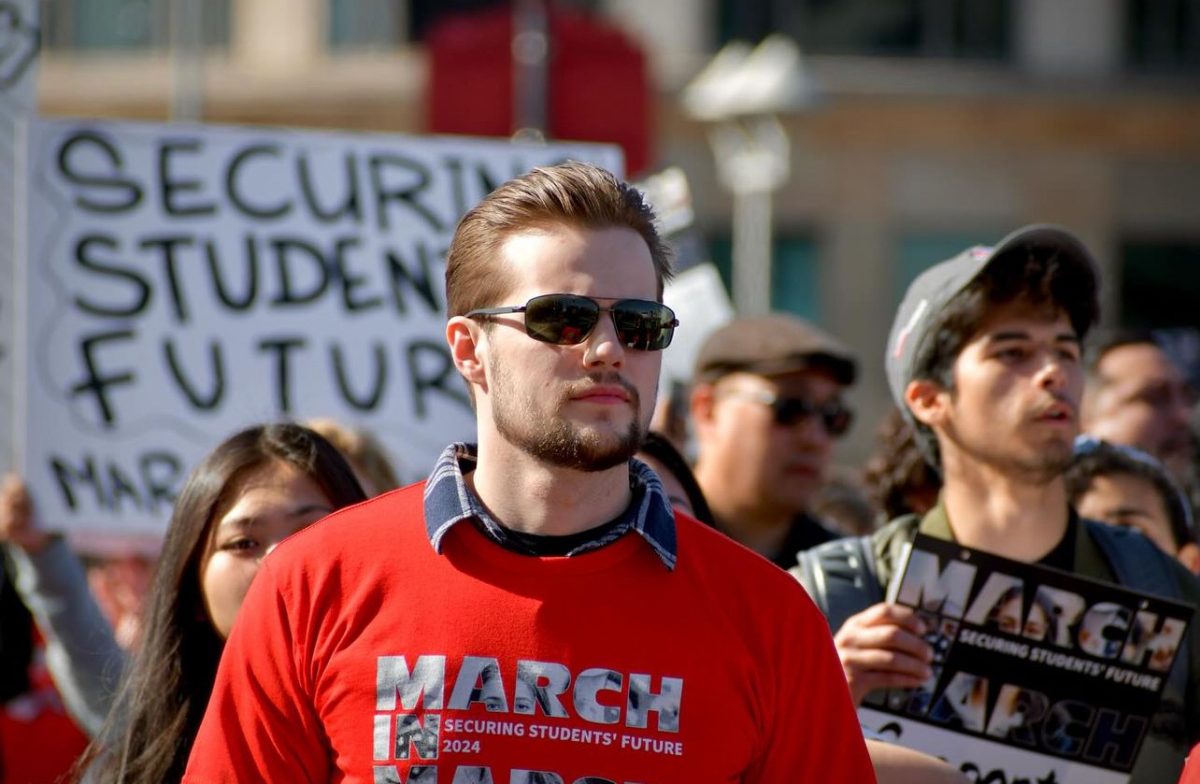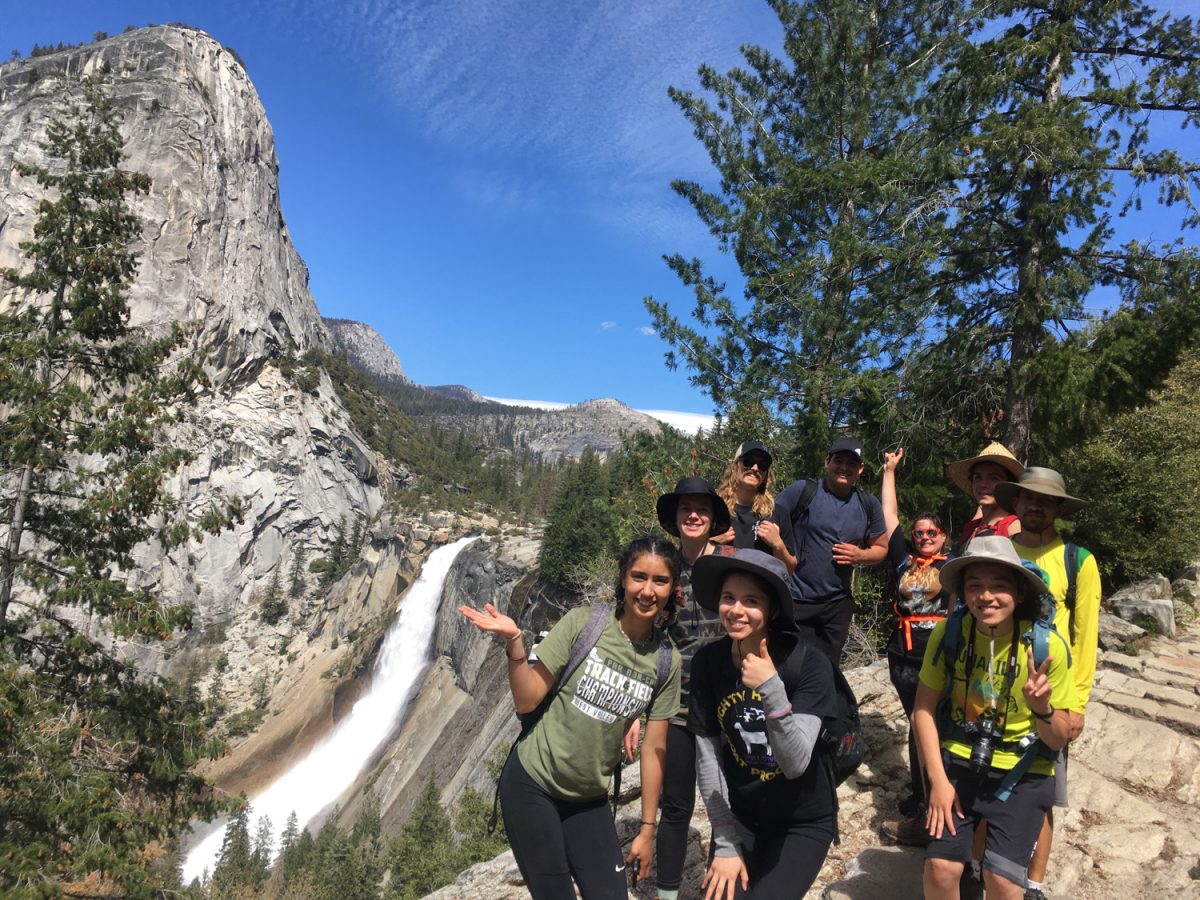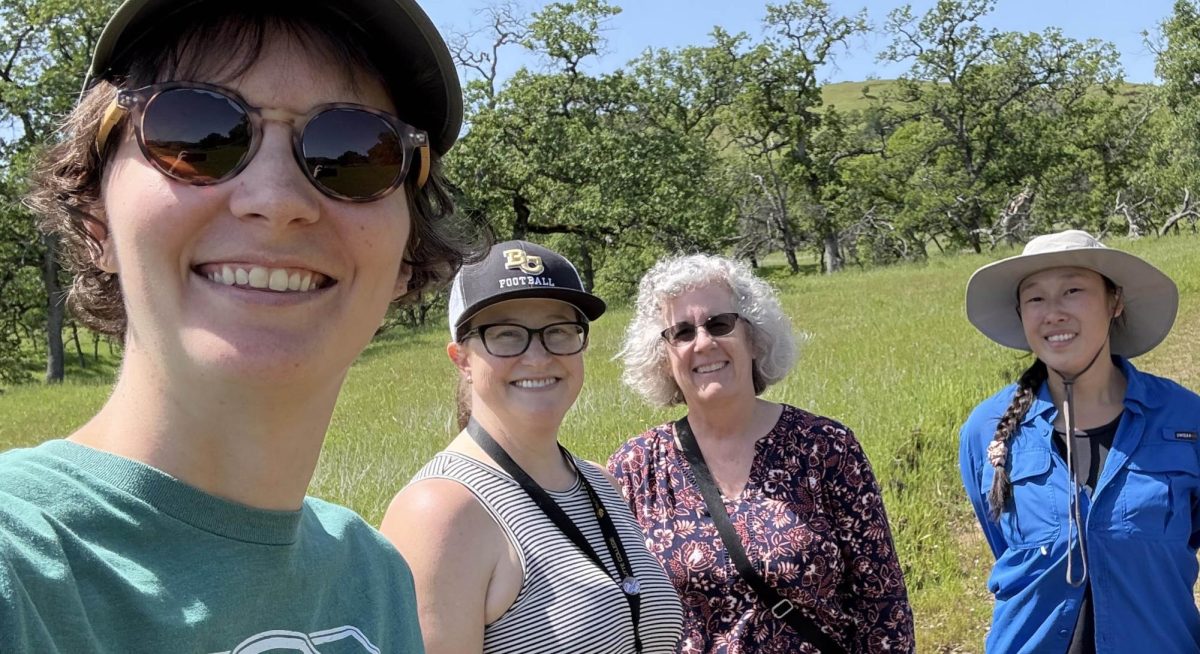An informative presentation given by Amber Noel-Camacho and Dr. Deserea Langley will be guest speakers on May 1st, 2024, at the Cultural and Community Center in Swing Space F 102 at 11:00 am on the Butte College main campus. The presentation is on Missing and Murdered Indigenous women, “a movement surrounding Native American people.”
For decades, Native American and Alaska Native communities have suffered high rates of assault, abduction, and murder of tribal members.
One 2016 study by the National Institute of Justice (NIJ) found that more than four in five Native American and Alaska Native women (84.3 percent) have experienced violence in their lifetime, including 56.1 percent who have experienced sexual violence.

on MMIW (SLOWKING)
Overall, more than 1.5 million American Indians and Alaska Natives have experienced violence in their lifetime, according to the U.S. Department of the interior Indian Affairs.
A small team of researchers at the Seattle Indian Health Board released a landmark study in 2018 on the number of missing and murdered Indigenous women which revealed that the scope of the problem may be vaster than we thought. Reports in the western United States list more than 500 cases, as far back from 1940s. “We need to understand the base issue of the problem” Echo-Hawk, the vice president of the Seattle Indian Health Board, who was also a part of the small research team in the 2018 study, and a citizen of the Pawnee nation—also, saying “Where are we? What does the data look like? And what do the leaders need?”
Data is the most vital part of confronting this issue, and lack of data is what has made Native people feel invisible.
Some say another part of the issue is a lack of data, a misclassification of Native American women as white or Hispanic. The police, federal, state, and local, along with the tribal police, lack communication between systems, contributing to a lack of understanding of where and who has authority to investigate the crimes.
In a recent interview, Echo-Hawk said, “We refuse to let our people die in silence.” He and a growing number of coalitions are working to reshape the criminal justice in a way that values Native lives.
In the last few years, nearly a dozen states have created task forces on the issue.
Students here at Butte College, along with leadership from our Cultural and Community Center are bringing this important conversation to our campus.







